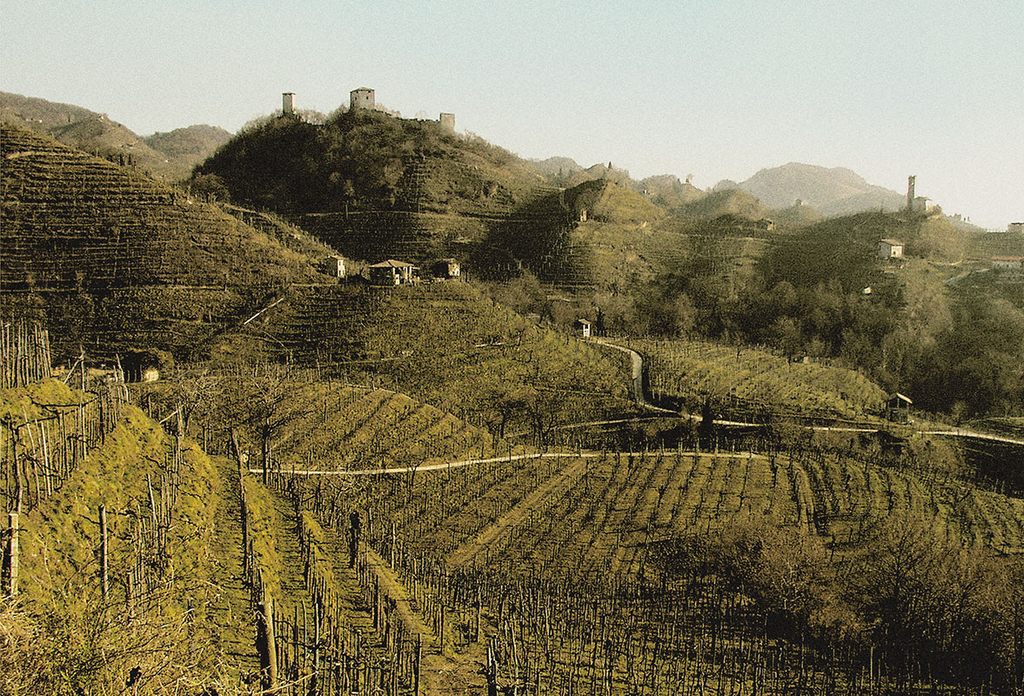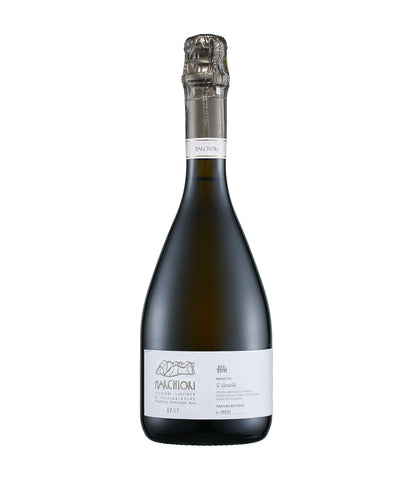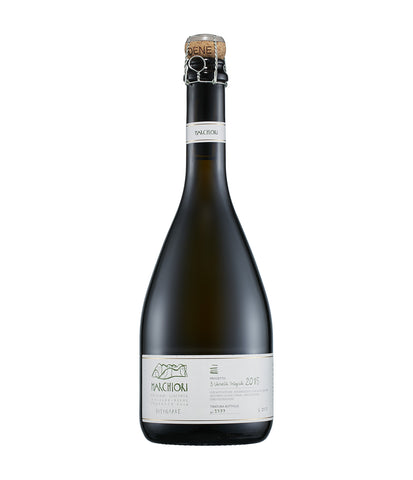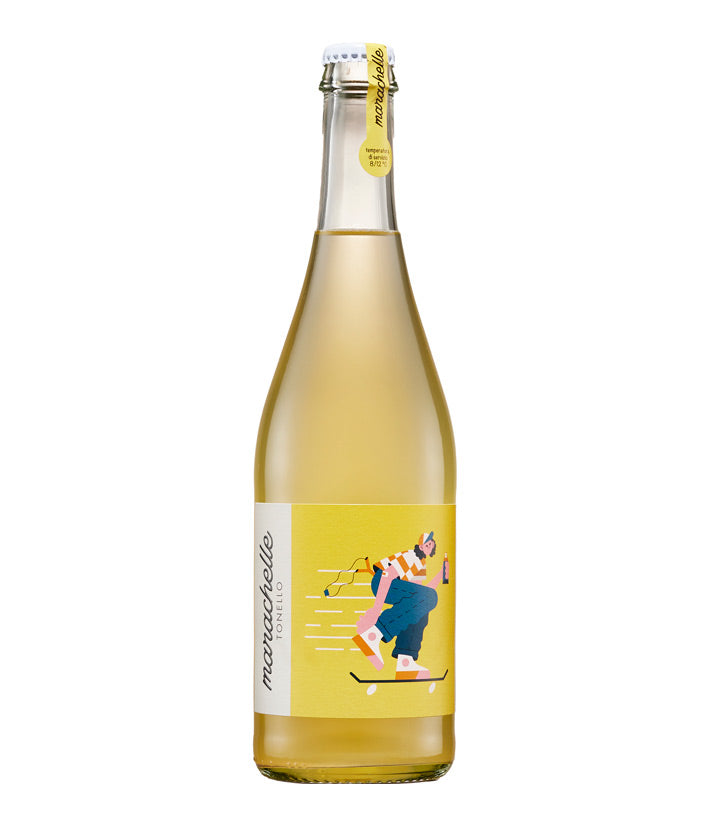
Marchiori
Veneto
Farra di Soligo
The reputation of Prosecco has taken some significant hits over the years, and with the industrialisation of much of the commercial production it’s not hard to see why. It has become a widely loved but largely simple beverage for drinkers all over the world. But this position belies the history, and it discredits viticultural territory of immense potential. Add to this the largely neglected autochthonous grapes that can support and shape the flagship variety, Glera, and there’s a solid foundation for a renaissance. No producer better embodies how good, how refined, how terroir-driven Prosecco can be than Marchiori.
Situated in the middle of the Conegliano Valdobbiadene ...READ MORE
Marchiori
Veneto
Farra di Soligo
The reputation of Prosecco has taken some significant hits over the years, and with the industrialisation of much of the commercial production it’s not hard to see why. It has become a widely loved but largely simple beverage for drinkers all over the world. But this position belies the history, and it discredits viticultural territory of immense potential. Add to this the largely neglected autochthonous grapes that can support and shape the flagship variety, Glera, and there’s a solid foundation for a renaissance. No producer better embodies how good, how refined, how terroir-driven Prosecco can be than Marchiori.
Situated in the middle of the Conegliano Valdobbiadene Prosecco Superiore DOCG, Marchiori farm 16 plots across 12 hectares of old vines, which are contour planted into steep hillsides (up to 40°) across a range of southerly aspects at 240–400 metres above sea level. Marchiori break their soils into four types, iron silicate, aluminium silicate, calcareous conglomerate (puddingstone) and calcareous marl (marlstone), with each contributing in differing ways to the complexity of the final wines. Additionally, they employ all of the original five Prosecco varieties, Glera Lunga, Glera Tonda, Verdiso, Bianchetta and Perera, which once again contribute markedly to the complexity of both flavour and structure. Further, they work with various methods of fermentation from the classic cool white wine process to fermentation on skins, employing indigenous yeasts.
The wines of Marchiori are both a harking back to older times and a symbol of progress. They are lithe, mineral and pure wines, vinous, intriguing and truly exciting expressions.
COLLAPSE TEXT- Page 1 of 1
-
- Page 1 of 1
-


